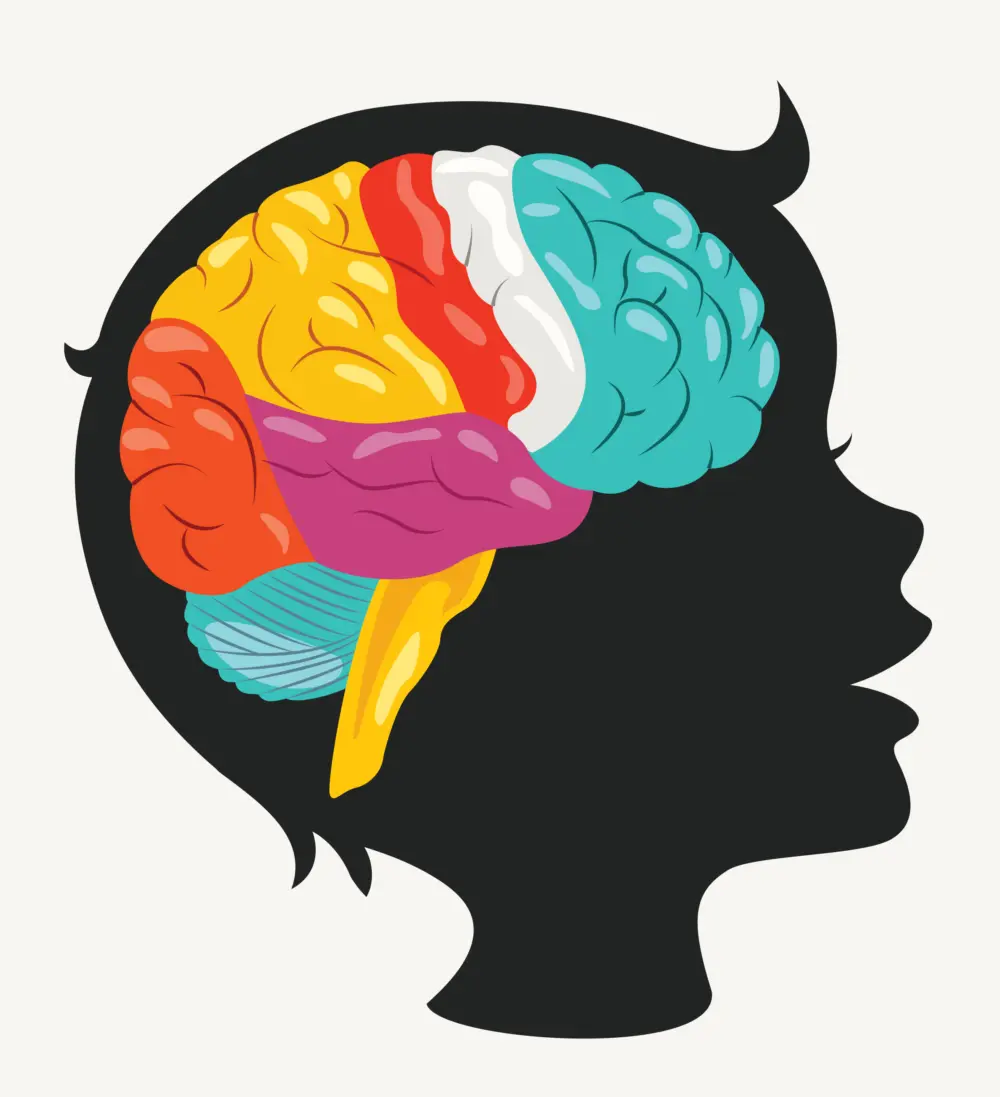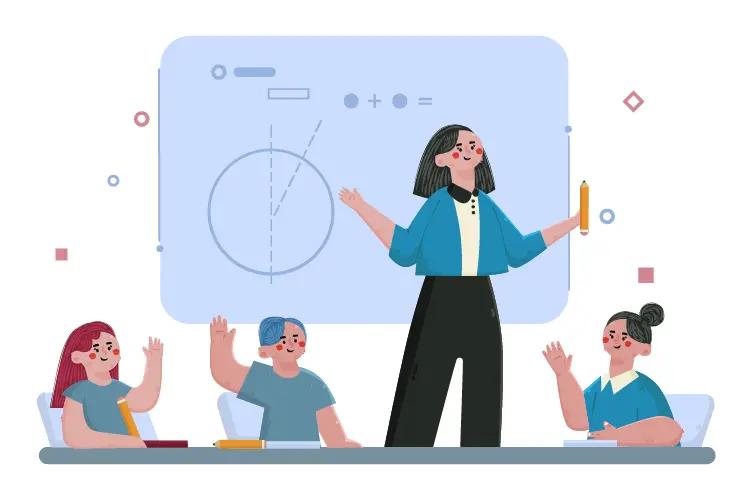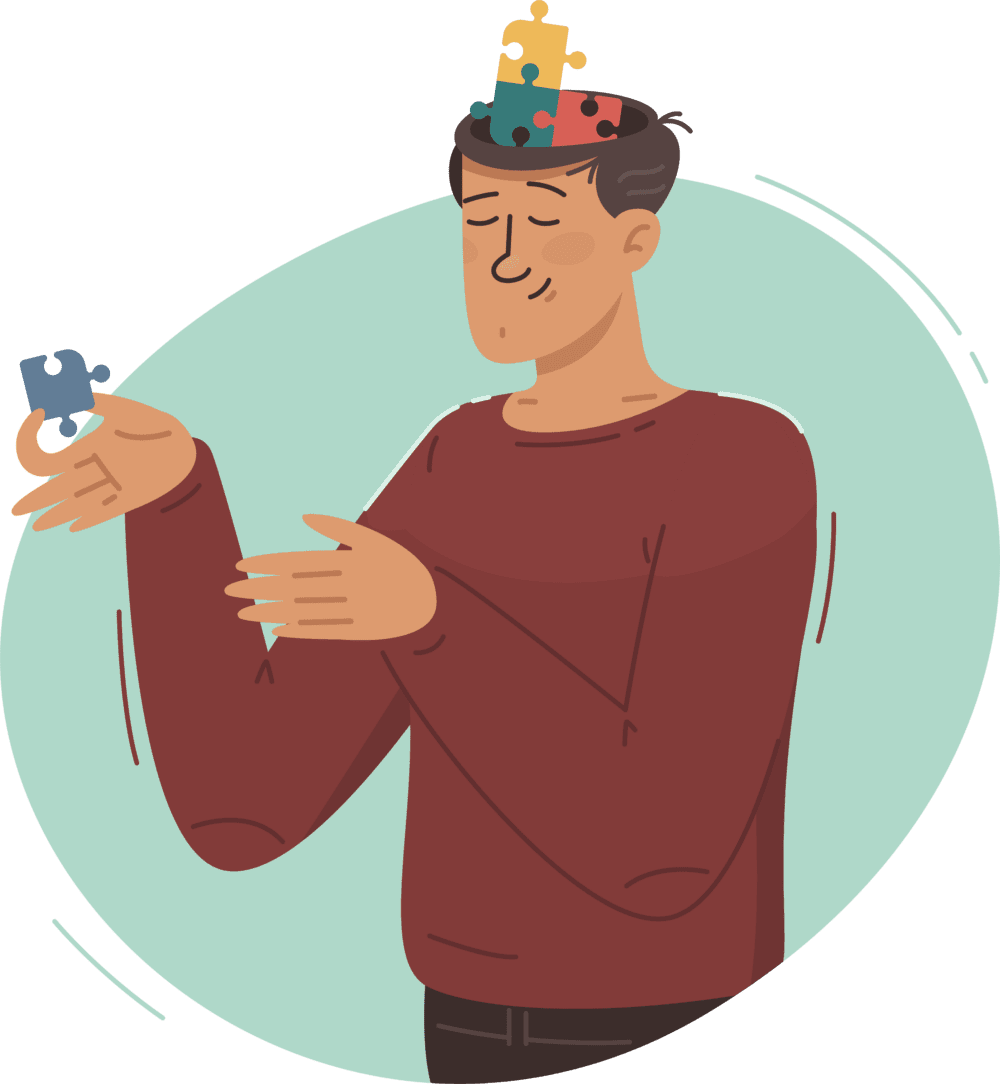Life is a journey filled with various stages, each marked by unique challenges and opportunities. One such phase that many individuals encounter is the infamous midlife crisis. Often depicted in popular culture as a time of existential angst, the midlife crisis is a period of self-reflection and reevaluation that typically occurs in one’s 40s or… Continue reading
Category Articles
Psychological Theories of Development
Human development is the process of physical, cognitive, and emotional growth from infancy to adulthood. Understanding the psychological theories of development provides valuable insights into the factors that shape individuals throughout their lives. In this exploration, we will delve into some prominent theories that have shaped our understanding of human development, detailing the steps and… Continue reading
Game Addiction and Treatment
The prevalence of video games continues to rise. Hence, there is concern over game addiction, a phenomenon that can have profound effects on mental health and overall well-being. This article explores the nature of game addiction. Also it places a spotlight on the pivotal role of Cognitive-Behavioral Therapy (CBT) in its treatment. Understanding Game Addiction… Continue reading
Understanding Premenstrual Dysphoric Disorder
Premenstrual Dysphoric Disorder (PMDD) is a severe form of premenstrual syndrome (PMS) that affects a small percentage of menstruating individuals. It manifests as intense emotional and physical symptoms that significantly disrupt daily life. In this article, we will delve into the conditions, effects, and diagnostic criteria of PMDD to foster a better understanding of this… Continue reading
Understanding Disability: Exploring Models and Approaches
Disability is a concept that extends beyond physical impairments, encompassing a range of conditions that can impact a person’s ability to participate fully in society. In this article, we will delve into the various models and approaches to understanding disability, shedding light on the evolving perspectives that shape our perception of individuals with disabilities. Medical… Continue reading
What do School Counsellors do?
School counsellors are unsung heroes within the educational landscape, dedicated to fostering the development of students. Beyond the conventional roles of educators, these professionals play a pivotal part in the emotional and academic growth of individuals. In this article, we will delve into the multifaceted world of school counsellors. Along with exploring who they are… Continue reading
Introduction to Developmental Spectrum Disorders
Developmental spectrum disorders (DSDs) encompass a diverse array of conditions impacting developmental disorders. Developmental disorders are a diverse group of conditions that affect the typical growth and maturation of a child’s physical, cognitive, emotional, or social abilities. These disorders manifest early in a child’s life and can significantly impact their daily functioning, learning, and relationships…. Continue reading
The Transformative Power of Metaphors in Psychotherapy”
The art of communication goes beyond mere words. Therapists often employ powerful tools like metaphors and storytelling to unlock the doors of understanding and facilitate healing. This article explores the significance of metaphors and storytelling in psychotherapy. It also sheds light on how these techniques are employed to navigate the complex landscape of the human… Continue reading
Understanding Agoraphobia: Diagnosis, Challenges, and Treatment
Agoraphobia is an anxiety disorder that can significantly impact an individual’s life. People with agoraphobia often experience intense fear and anxiety in situations where escape might be difficult or help might not be readily available. This article delves into the diagnostic criteria, challenges faced by individuals with agoraphobia, and explores treatment options, with a focus… Continue reading
The Synergy of Psychotherapy and Psychiatric Assessment
The integration of psychiatric assessments into the process enhances its efficacy. This article delves into the synergy of psychotherapy and psychiatric assessment. By combining regular psychiatric check-ups in conjunction with psychotherapy, emphasizing the holistic approach to mental health care, individuals can optimize their therapeutic experience and foster enduring well-being by intertwining these two essential components…. Continue reading










